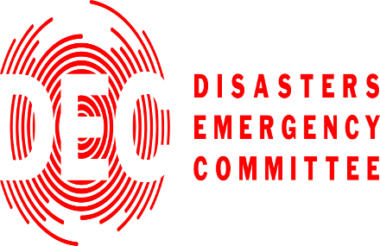A study of the behaviour of UK donors has found that large fundraising appeals do not “cannibalise” donations which would go to other charities, but in fact encourage people to give more.
Professor Sarah Smith, head of the economics department at the University of Bristol, presented her findings to a Charities Aid Foundation event in London yesterday.
The survey looked at the giving behaviours of 107,559 CAF account holders in relation to six appeals by the Disasters Emergency Committee, which ran between June 2009 and July 2014 and generated over £4.4m in donations.
The study - undertaken by Smith and a number of other academics - found that the lifetime of an appeal was exactly 20 weeks from the date of launch.
After that point, giving patterns returned to normal (see below).

“We’ve been focusing on disasters because they’re clearly a fundraising intervention that increases donations to a single charity or cause with a sudden intensity,” said Smith.
“Disaster appeals provoke a very strong reaction from the public and many millions of pounds are given in response to the appeals”.
The study found that donations to appeals spiked in the first week and were significantly higher than average for the charity for the following nine weeks, before plateauing at a slightly higher level than normal for the remaining ten weeks.
By plotting this data against the giving habits of CAF account holders during the same period in terms of their existing relationships with other charities, the study found that wider charitable giving did not dip below "normal levels" during a big appeal.
CAF account holder’s responses to major charitable telethons – in particular the BBC Children in Need and Comic/Sport Relief - were also studied and the effects of these on donors behaviour in relation to donating to other charities was found to be the same.

“The net effect of a disaster appeal on donations to all other charities is zero," Smith said. "We found no significant cannibalisation of donations to other charities as a result of a DEC appeal. A surprising effect that we find is that in the initial post-disaster appeal, people actually give more to other charities.”
Smith said that big appeals, like a disaster emergency appeal or telethon, actually make people give more to other charities.
She said that this was likely down to three reasons: one being that big appeals “move people to give to charity”, be that through guilt or a desire to help in general; the second being that big appeals make “charity more salient” and the third being that giving to a disaster appeal removes the “hassle costs” donors associate with charities.









